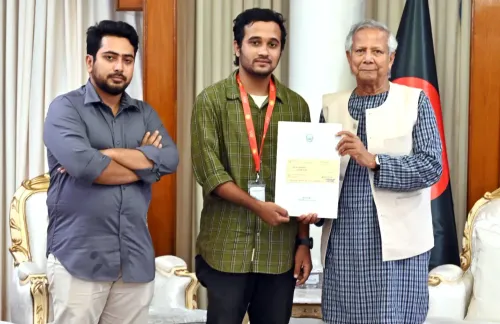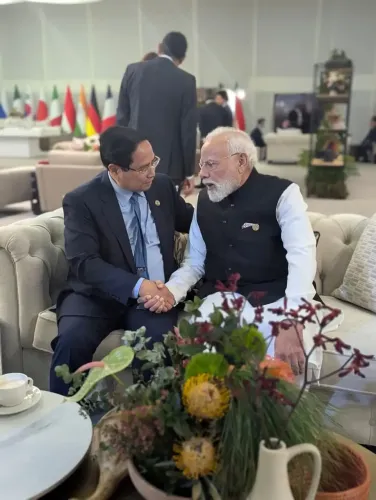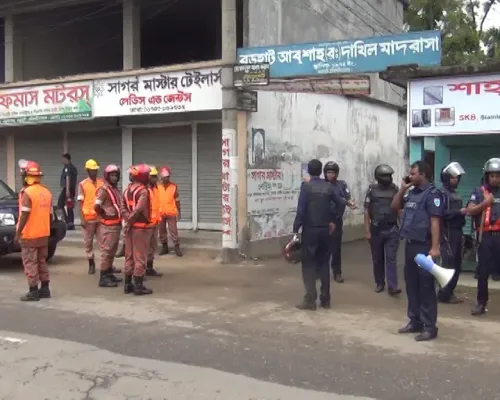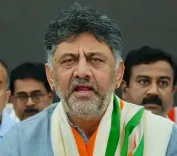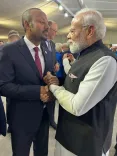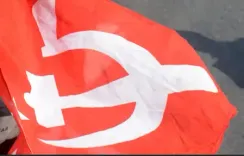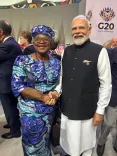Iran's Foreign Minister Calls on IAEA for Clear Position on Nuclear Threats
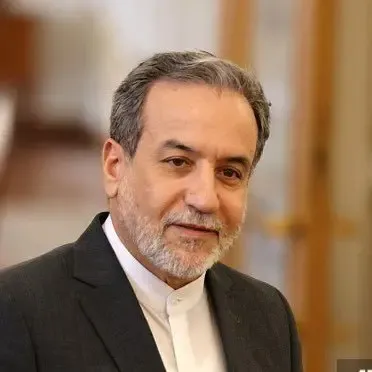
Synopsis
Key Takeaways
- Seyed Abbas Araghchi urges the IAEA to take a strong stance against threats to Iran's nuclear facilities.
- Trump's threats include potential military action if negotiations fail.
- Iran remains committed to diplomatic engagement with the IAEA.
- Indirect talks are still an option for Iran despite rejecting direct negotiations.
- Grossi plans to visit Iran to discuss ongoing issues.
Tehran, April 2 (NationPress) Iran's Foreign Minister Seyed Abbas Araghchi urged the United Nations nuclear watchdog to take a definitive position regarding the threats made against his nation's peaceful nuclear facilities.
He expressed these concerns during a phone conversation with Director General of the International Atomic Energy Agency (IAEA) Rafael Grossi on Tuesday, seemingly alluding to US President Donald Trump's recent threat of military action against Iranian nuclear sites if Iran does not engage in negotiations with Washington regarding its nuclear program, as reported by Xinhua news agency.
Araghchi emphasized Iran's commitment to interaction and cooperation with the IAEA, asserting that, in light of the ongoing threats directed at Iran, the country is prepared to take necessary steps to safeguard its nuclear initiatives.
He also updated Grossi on recent developments and diplomatic efforts concerning Iran's peaceful nuclear agenda.
The IAEA chief indicated his intention to collaborate with other stakeholders to foster a conducive environment for resolving current issues.
Grossi expressed a desire to visit Iran, which the Iranian foreign minister accepted.
Trump, in an interview with NBC News on Sunday, warned of potential 'unprecedented military strikes' against Iran should it refuse to negotiate over its nuclear program.
'If they don't make a deal, there will be bombing like they've never seen before,' he stated, asserting that US and Iranian officials are 'talking,' although he did not provide further details.
This statement followed a letter Trump mentioned he sent to Iranian leaders earlier in March via the United Arab Emirates, proposing direct talks regarding Tehran's nuclear activities.
In response, Tehran dismissed the suggestion for direct negotiations while remaining open to the idea of indirect discussions.

